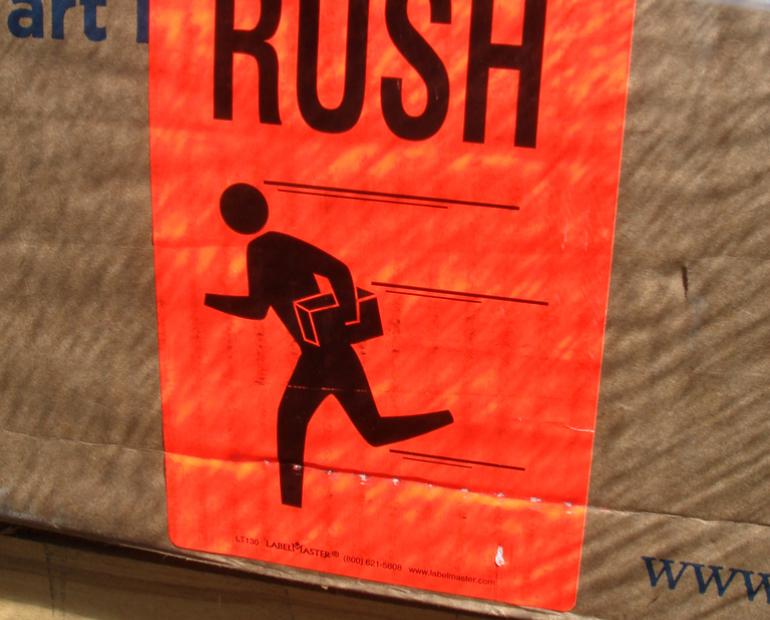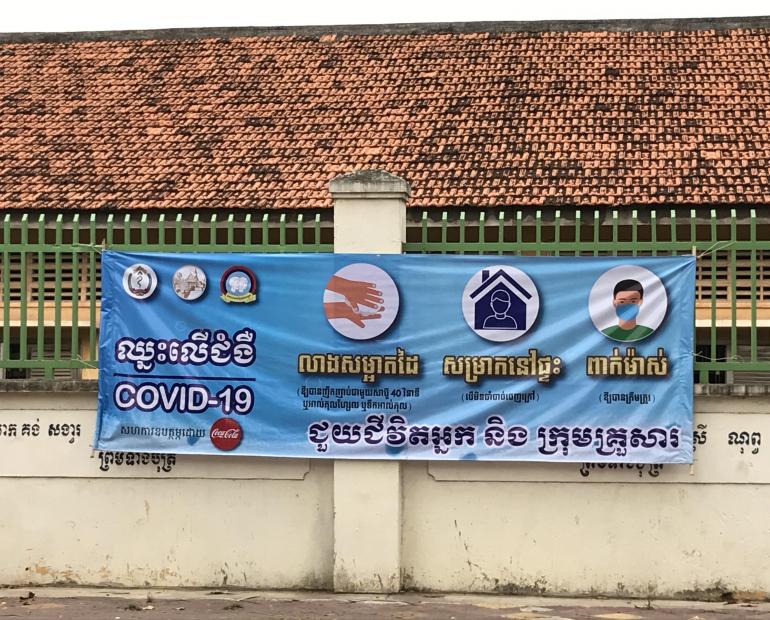
One of the world’s biggest democracies had gone into lockdown on 24 March 2020 because of the rapid spread of COVID 19 pandemic. Currently, India is one of the worst-hit countries in the world with the number of cases rising every day, going up to almost 50,000 cases in a single day. I, myself have been very lucky to be living in Switzerland where the number of cases have been decreasing. Switzerland has been one of the few countries that have had minimal economic and social impact due to the pandemic. However, India, on the other hand, has suffered significant damage with their economic situation degrading day by day. The part of society that has faced more hardships than anyone else is the migrant workers who are still struggling to get back home.
Even though the Indian government has made attempts to deal with the crisis, it hasn’t been enough to help out the migrant workers. Inadequate efforts from the government has led to the Indian community getting together and working as a unit to fight the crisis. The citizens have come forward and started playing an essential role in supplying the workers with essential amenities, including food, small cash transfers and transport arrangements back to their hometowns and villages. The whole country has stepped up by raising funds through various different organizations. Restaurants and kitchens all over the country have started packaging and supplying food to migrant workers for free. Popular food chains like Big City Pizza and Cafeteria and Co. have become part of the initiative by supplying food for free. The crisis has sparked several initiatives like ‘Khaana Chahiye’ (Hindi for “need food”) and Project Thali. Khaana Chahiye is an initiative in Mumbai that supplies migrant workers with food and ensures the migrant workers don’t go hungry during the lockdown. The initiative single-handedly supplies 70,000 meals every day to every part of the city. Project Thali is another community-driven project that provides cooked meals to over 20 cities in India. The project has partnered with a restaurant in almost every state to maintain a constant supply of food.
Religion has been an integral part of the Indian culture for decades as it acts as a social glue and unites people together. Even though issues related to religion have divided the Indian community on many aspects, it has also brought the community together to help out the people in need. Religion has united people together to provide people with food and essential amenities. As for example, a church in Chagancherry has been helping internal migrants and rural communities during the lockdown by bringing the municipality town together in order to provide migrant workers with essential food items like rice and vegetables. During the lockdown, several religious organizations have come forward and promoted the idea of ‘humanity over hate’ by helping out relief funds. A gurudwara in Kolkata rose above polarization and partnered with community kitchens in order to supply the people in need by providing them with cooked food. Another initiative took place in Kolkata where the Tibetian Buddhists also pitched in by contributing over 10 lakhs to various different relief funds and organizations. Several monasteries all over the country have come also been supplying food to severely affected communities. The epidemic has definitely united different religious groups as a whole.
Corporations and the private sector in India have always had a huge impact on the country, whether it was the economic or social situation of the country. Recently, Indian companies too have stepped up to help out the migrant workers during the lockdown. The companies are trying to give the workers a sense of relief and security by providing them with a stable source of income. Companies have been using a combination of measures, from convincing village heads and workers for their own safety. to arranging for their transportation. One could argue that the companies have an ulterior motive for bringing back the workers, however, their attempt to solve the labour shortages is also a step towards solving the migrant crisis.
Alumni associations like Welham Wings and National Law Schools also took on the mission to reunite families during the pandemic as the public transport came to a halt and migrant workers were stranded on roads fighting for their survival. Alumni from the respected schools have been raising funds for the poor migrant workers. While the country is going through an economic slump, the economic powerhouses have stepped up and are taking large steps towards solving the migrant crisis.
Even though the country is fighting the burden of the pandemic which has made life extremely difficult, the people in India have come together and started helping the people in need. While the whole world is blaming each other for their own problem, there are people coming forward and using their faith as a tool to help people in need. India is a complex country and the COVID-19 pandemic has put the entire country in a very critical situation, however, it has brought its citizens, communities, religions together. This shows the resilience of the Indian community in the face of adversity that will hold them through this phase.
Bibliography: (sources used for references, facts, numbers and statistics)
- https://www.aljazeera.com/ajimpact/hungry-desperate-india-virus-controls-trap-migrant-workers-200402031123631.html
- https://indianexpress.com/article/express-sunday-eye/citizens-helping-migrants-stranded-coronavirus-lockdown-6412617/
- https://www.hindustantimes.com/bollywood/sonu-sood-on-helping-migrant-workers-there-are-over-70-000-people-on-the-waiting-list-and-many-more-contacting-us/story-VNraCfZJ9G6qA76Wpc112N.html
- https://www.hindustantimes.com/bollywood/sonu-sood-funds-another-chartered-flight-for-over-170-migrant-workers/story-imwr8tvmlVuhrrpz90tHQP.html
- https://timesofindia.indiatimes.com/business/india-business/cos-go-all-out-to-get-back-migrant-workers/articleshow/76538895.cms
- https://timesofindia.indiatimes.com/city/varanasi/kashi-vishwanath-temple-corridor-project-to-employ-migrant-workers/articleshow/76085519.cms
- http://asianews.it/news-en/Church-in-Changanacherry-helping-migrant-workers-affected-by-epidemic-49938.html
- https://www.livemint.com/mint-lounge/business-of-life/humanity-over-hate-religious-organizations-help-out-with-covid-19-relief-11587041257785.html







